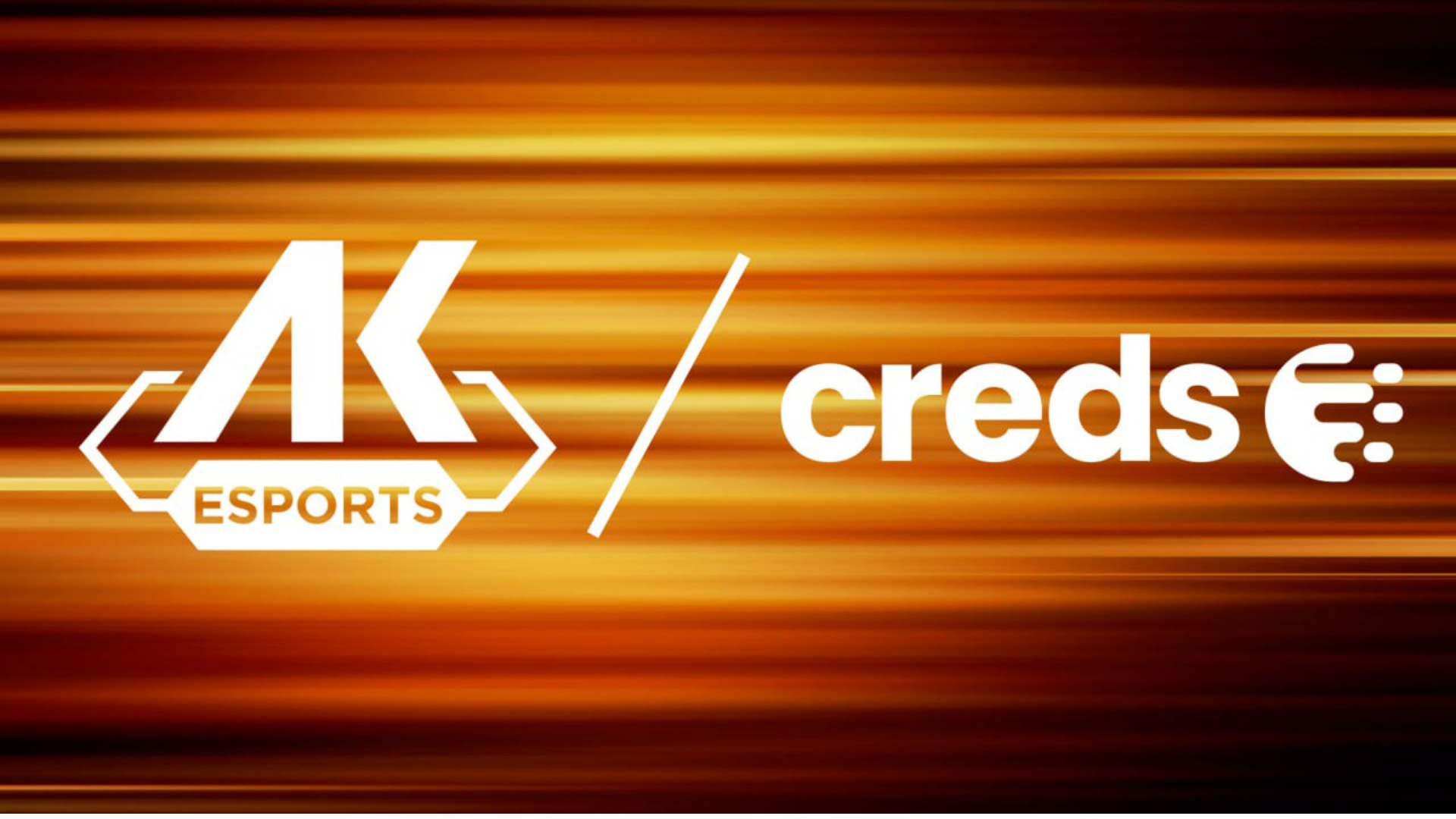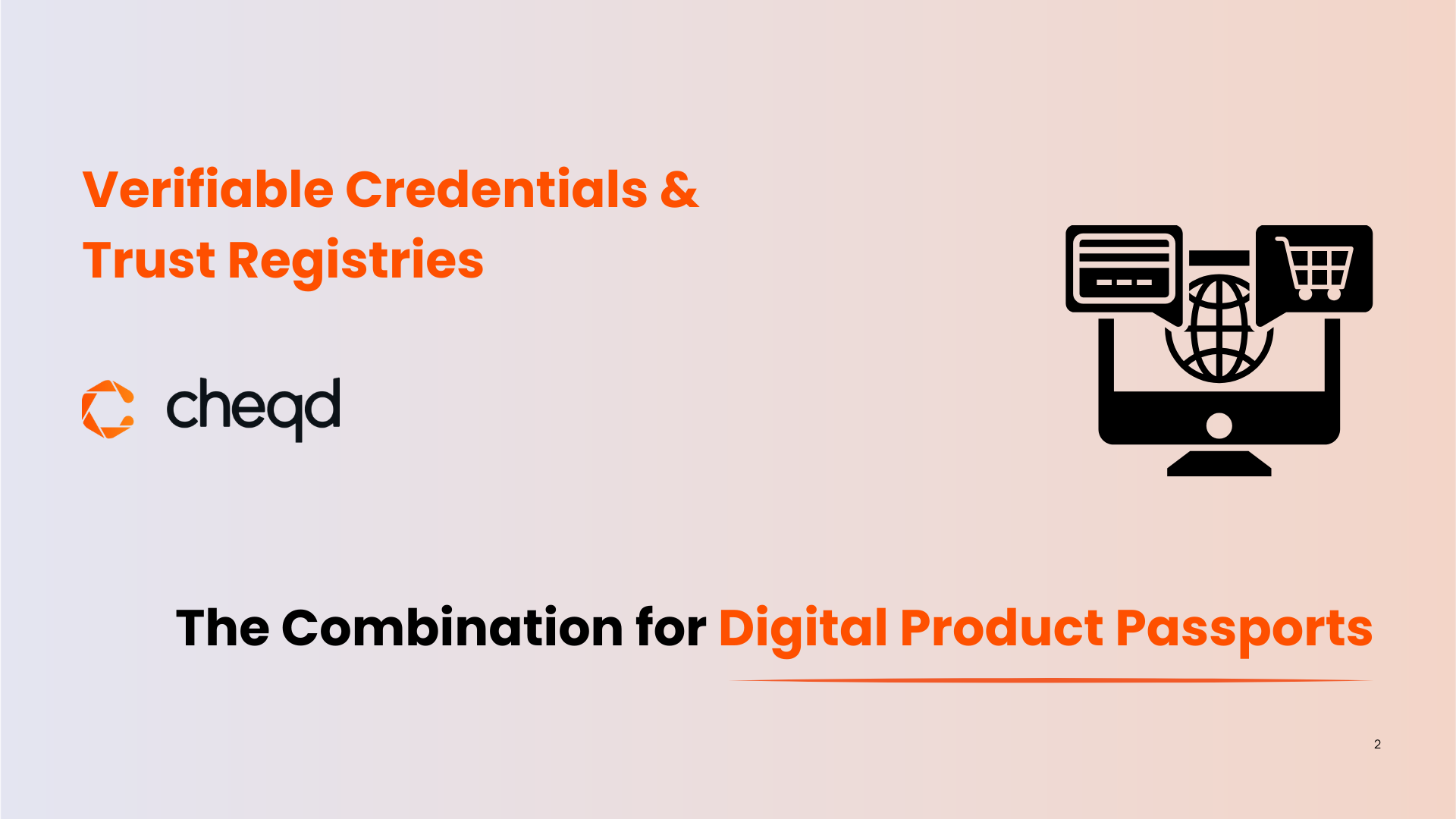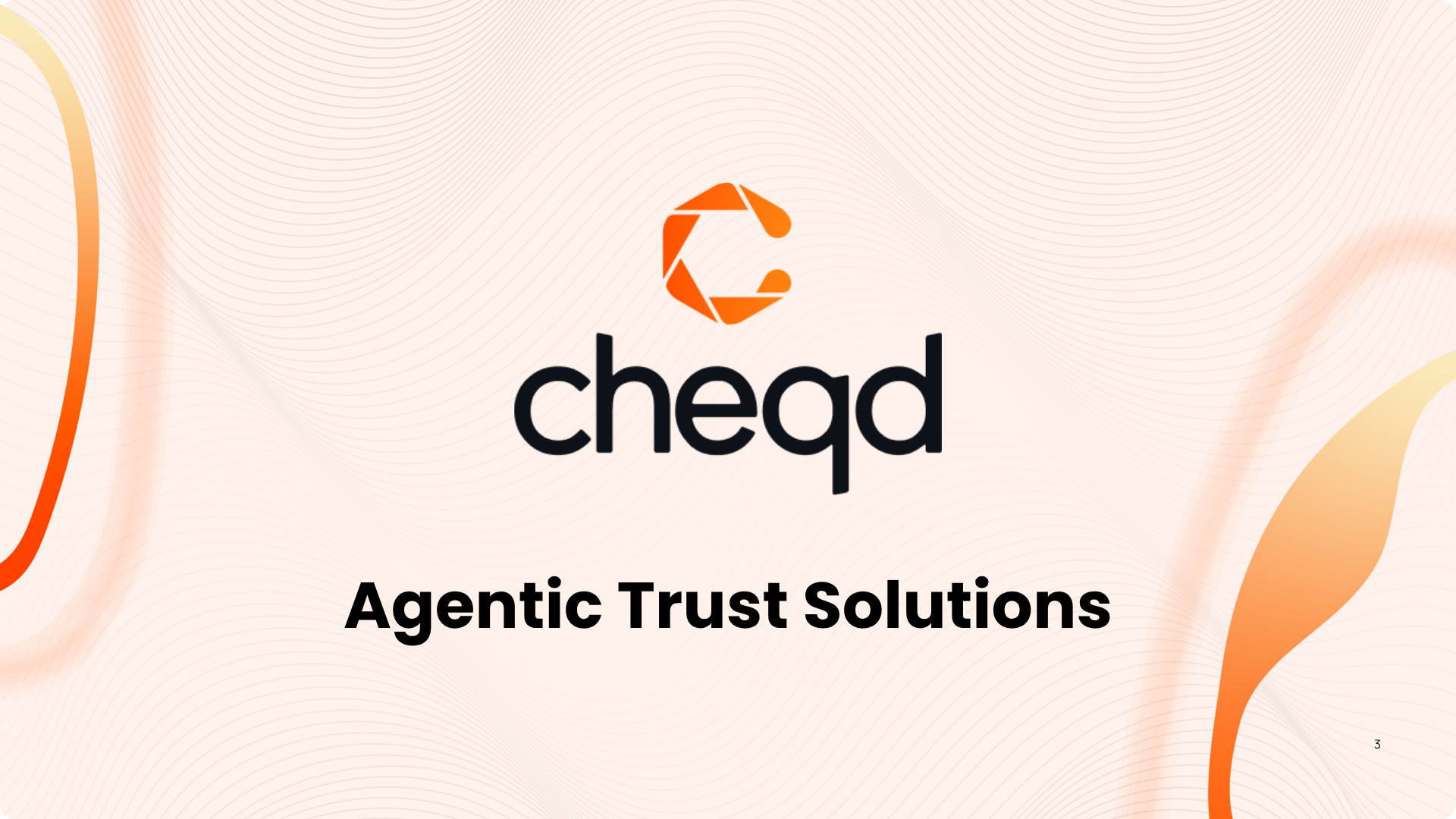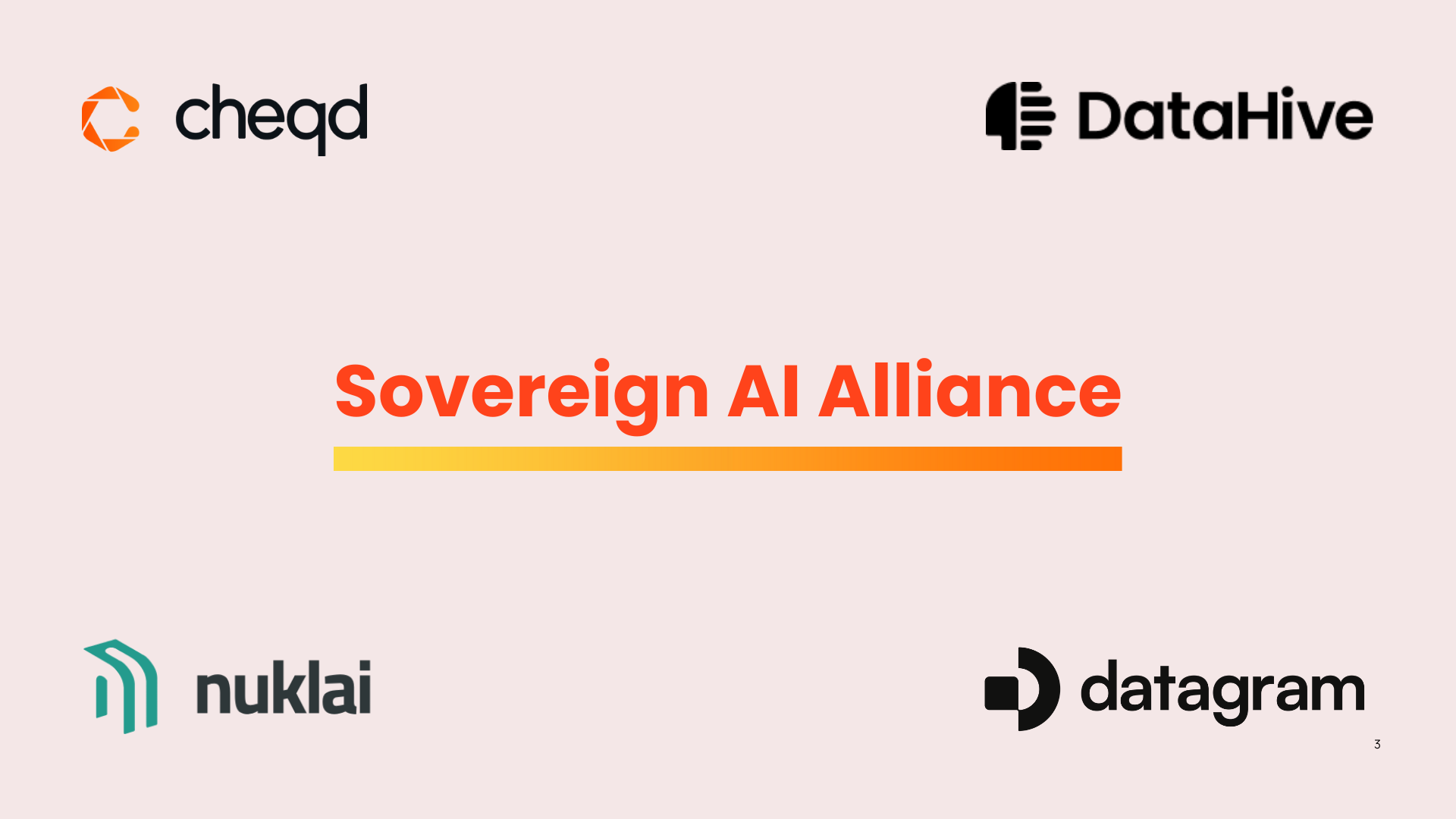London, UK, (May 28 10AM BST): Creds, a reputation platform built by cheqd.io that allows players to own and transfer their in game achievements, partners with AK Esports, a division of AK Informatica Tech, a prominent Esports organiser with focus on Sim Racing. The collaboration will enable AK Esports to generate verifiable digital Driver IDs for major sim racing titles, containing achievements of each player across their career.
“Driver ID will streamline onboarding and user identification processes for a range of tournaments and activations for both onsite and offline, mitigating the risk of incorrectly identifying users, and allowing legitimate drivers to prove their reputation and standing,”
Alessio Cicolari, CEO of AK Group.
Cheating, impersonation, and anonymous accounts remain challenges in Esports, particularly when organisers rely on fragmented or unreliable user data. Hosting exclusive competitions that require verified accolades becomes difficult without trusted data.
This collaboration introduces a breakthrough in how sim racing talent is recognised, rewarded, and advanced. By issuing verifiable credentials on Creds, players can now build trusted profiles based on in-game achievements and race histories. These credentials can be used to unlock exclusive competitions, gain sponsorships, and progress their careers all without relying on fragmented data or unverifiable claims.
Creds are lightweight digital credentials that players store in secure digital wallets and can present across games, platforms, or events to unlock access, prove their standing, or even act as digital passports for racing talent. These credentials link to performance stats, event history, and gaming platforms (like Steam or PlayStation), creating a comprehensive, verifiable profile of each racer without relying on scattered or unverifiable data. This portable reputation enables access to exclusive competitions, sponsorship opportunities, and career advancement.
This foundation unlocks new opportunities for monetisable loyalty, such as: premium events, rewards programs, and transparent payment systems rooted in trust and user empowerment. It also opens up new ways for fans to engage, see players progress in real time and celebrate career milestones from their own and favourite players alike.
“Partnering with AK Esports enables creds to be open to one for the largest sim racing gaming communities, showcasing a user owned and controlled history of verifiable Driver ID and career accolades, pioneering a much needed reusable onboarding and engagement experience,” said Fraser Edwards, co-founder and CEO of cheqd.io.
Raising the Bar for Trust and Talent Recognition in Esports
As the esports division of AK Informatica Tech, AK Esports has built a global reputation for producing some of the most prestigious and immersive racing tournaments in the world. Their flagship partnership with Dallara – the world’s leading race car technology provider, renowned for engineering excellence across Formula 1, IndyCar, Le Mans, and beyond, has created the joint venture Dallara – AK Esports, an US based company with a worldwide capabilities and focus on the tech development on the Sim Racing / Motorsport Industry . The recently launched fifth season of the Dallara Esports Championship marks a major turning point for the Sim Racing Esports Ecosystem Racers can now qualify both online and onsite at iconic venues including the Dallara Academy in Varano de’ Melegari, E-Motion Sim Center in Paris, and The Sim Garage in Speedway, Indianapolis.
The organisation has some of the best events, yet there’s still no unified way for them to identify the top five fastest drivers across all competitions based on average speed, for example. The ability to aggregate and analyse this data would unlock the potential to create exclusive, elite-level competitions, bringing together the best of the best from across every series.The partnership with creds.xyo will enable this to become reality.
For the first time, esports racers will be able to prove their identity, skill, and track record in a format that travels with them, across events, teams, platforms, and seasons. With the integration of Creds, AK Esports introduces a new standard for player identity and progression, providing trusted, tamper-proof credentials that support recognition, simplify onboarding, and enable consistent engagement across the global esports ecosystem.
About Creds powered by cheqd
Creds – a community trust and reputation platform that empowers users to prove their skills and contributions, and creators to build new tailor-made experiences to boost engagement and reward community members. Creds uses verifiable credentials which are portable, lightweight, and tamperproof. These credentials build verifiable reputation and trust amongst community members, and cross communities.
Underpinning Creds is cheqd’s trust and payment infrastructure, which enables secure, incentivised data sharing. Its privacy-preserving payment system encourages the release of valuable data from silos, unlocking powerful new combinations of verifiable information. This supports richer, more personalised digital experiences across esports, digital ID, and AI while giving users full control over their data.
Twitter: https://x.com/Creds_xyz
About AK Group & AK Esports
AK Informatica is the leading force in the PC gaming ecosystem in Italy. Founded in 2004, the company has steadily expanded its footprint in the gaming industry, combining technological innovation with a deep understanding of gaming culture. With a mission to stay at the forefront of emerging technologies and the most engaging game titles, AK Informatica has earned the trust of a wide community of gamers and professionals alike. Today, it represents Italian excellence in gaming and esports and continues to grow as part of the wider AK Group – a multidisciplinary organisation offering services across esports, IT, creative, legal, and event management.
Within the Group, AK Esports is the division dedicated to competitive gaming and tournament operations. Recognised as a global leader in sim racing, AK Esports has delivered some of the industry’s most prestigious racing championships and events. Its reputation is built on strategic collaborations with top-tier automotive and motorsport brands, including SRO Motorsports Group, Lamborghini, Porsche, Dallara and many other important car manufactures and series
In 2024, AK Esports partnered with Dallara, one of the world’s most renowned motorsport engineering companies, to establish Dallara – AK Esports — a new joint venture headquartered in Indianapolis. This collaboration merges AK Esports’ operational excellence with Dallara’s racing heritage, creating a powerful platform for international competition, advanced driver development, and immersive racing experiences that bridge the gap between virtual and real-world motorsport.
Official website
AK Esports:https://akesports.com/
Dallara-AK Esports:https://dallara-akesports.com/
Official Social Media Channels
AK Esports
Instagram: https://www.instagram.com/akesportsit/
Facebook: https://www.facebook.com/AKEsportsIT?locale=it_IT
Dallara – AK Esports
Instagram: https://www.instagram.com/dallara_akesports/
Facebook: https://www.facebook.com/profile.php?id=61573590182306









